This is demonstrated in the previously mentioned study on Dutch cyclists. The researchers also had both groups estimate how far they had ridden during their time trial. The control group guessed, 7.2km, pretty close to their actual output. However, the sleepless group estimated only 6.51km — almost one kilometre short.
One area that Reilly and Edwards did not cover in as much detail is the effect of chronic sleep deprivation on general health and well-being. This was addressed by a landmark study by Karine Spiegel, Rachel Leproult and Eve Van Cauter in a 1999 article that’s been cited over 1500 times since its publication. Speigel et al. used 11 young men restricted to four hours of sleep for six nights in a row. A range of hormonal and metabolic markers were measured throughout the course of every day.
Worryingly, the young men, all between 18 and 27 years old, showed a trend towards a swath of undesirable metabolic and hormonal changes throughout the week. Levels of cortisol, the ‘stress hormone’ connected with overtraining in runners, increased markedly, and glucose tolerance dropped. These signs are all classically associated with aging.
At the end of the week, the subjects who had poor sleep for six nights in a row exhibited hormonal levels that could have been mistaken for those of a 50 or 60-year old. Fortunately, these changes were reversible after several days of extra sleep. Similar investigations have also showed that chronic sleep deprivation is linked to a drop in your immune system’s ability to fight off infection, hinting that training on little sleep is putting you at risk for a cold or sinus infection.



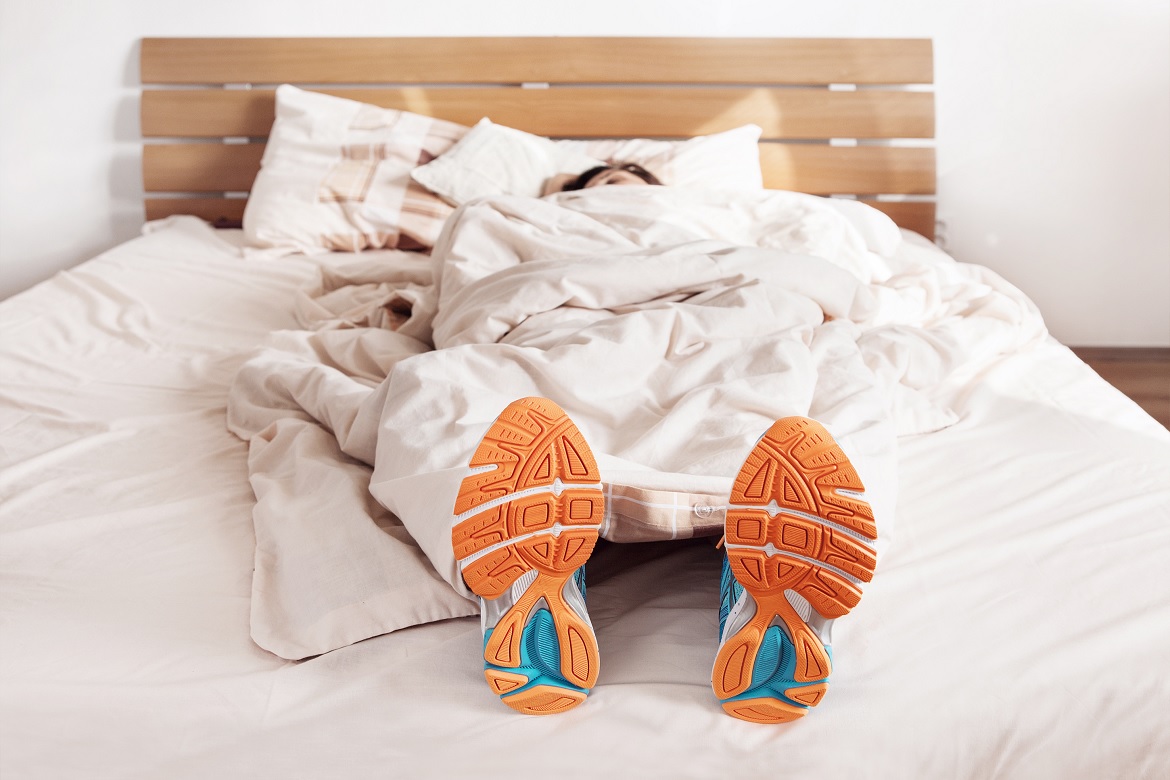
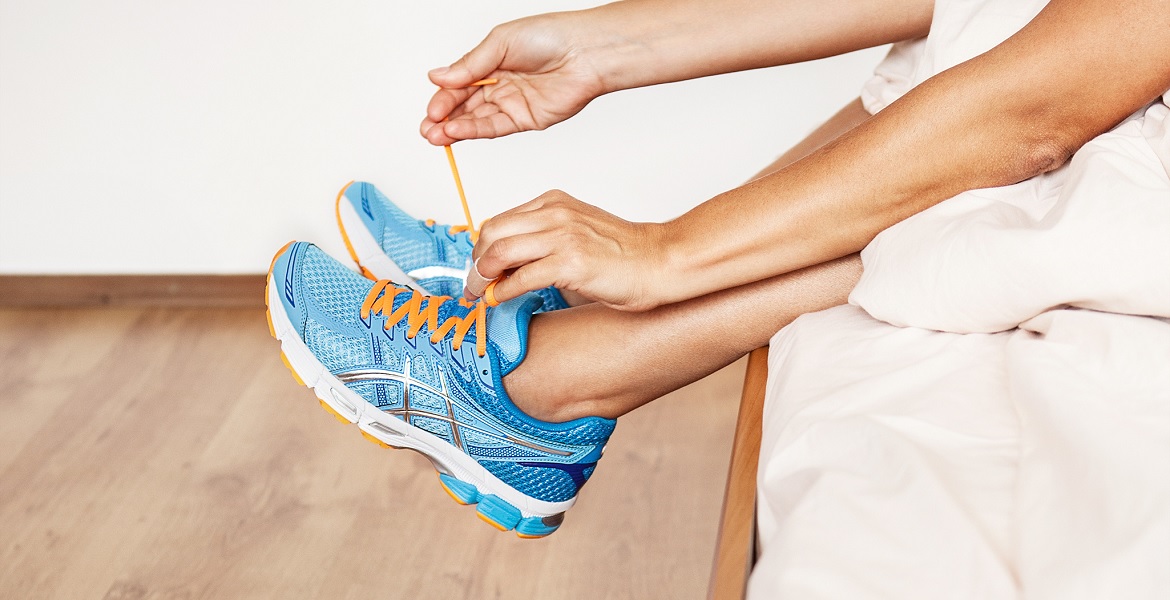
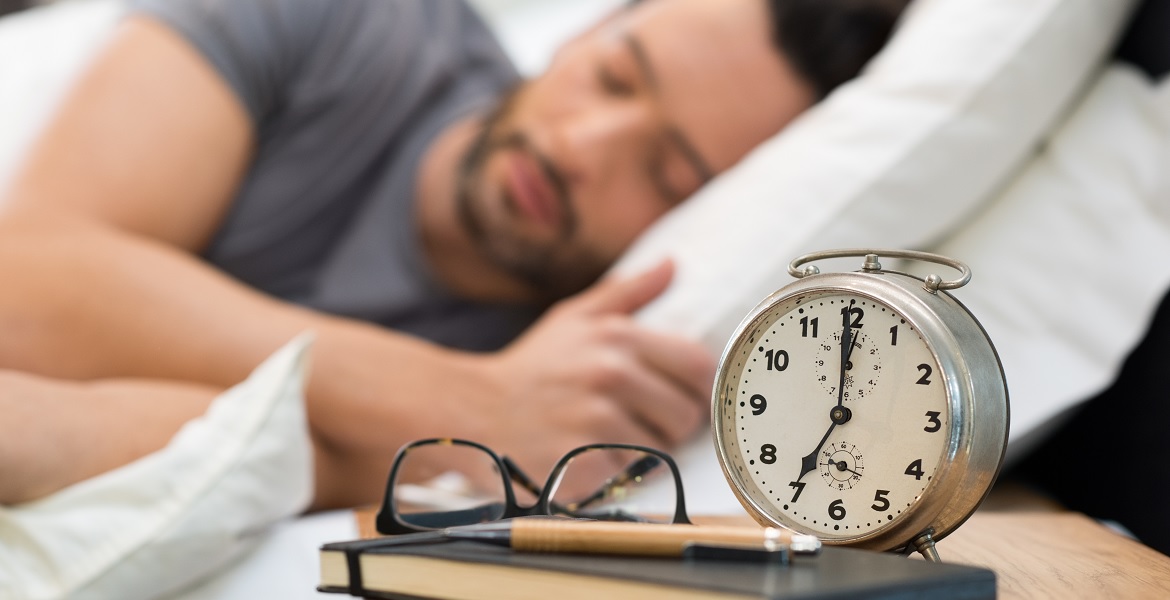
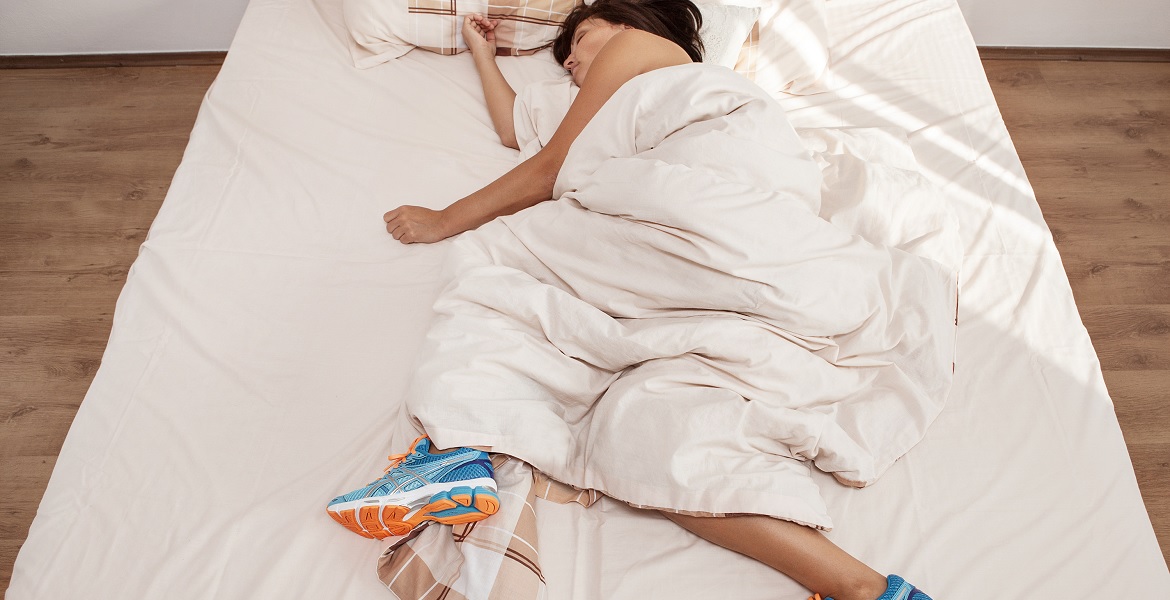
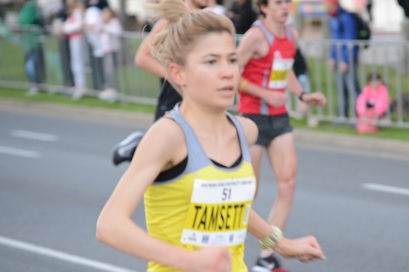
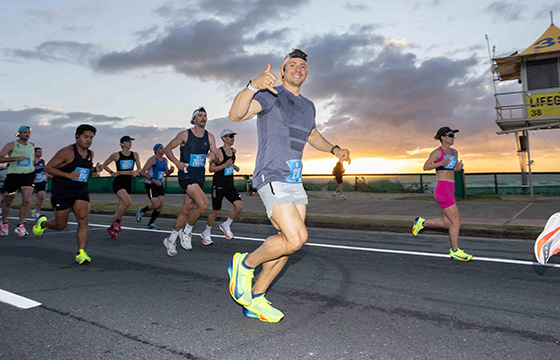
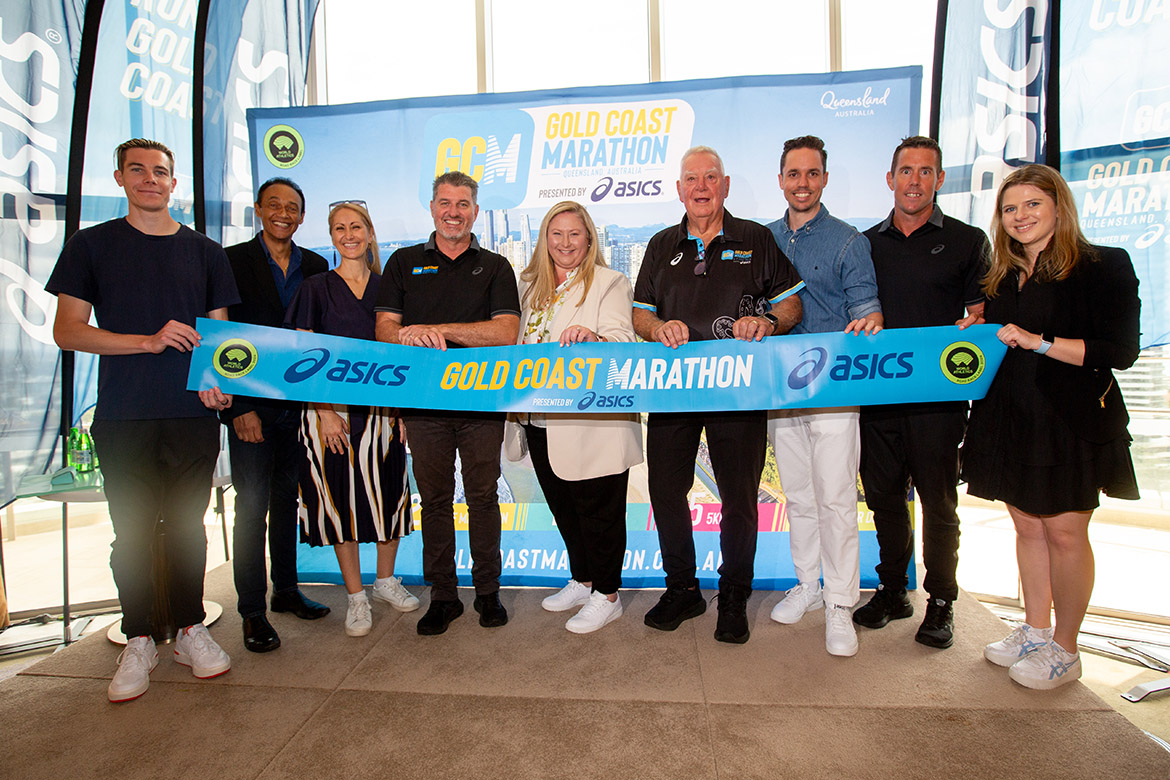
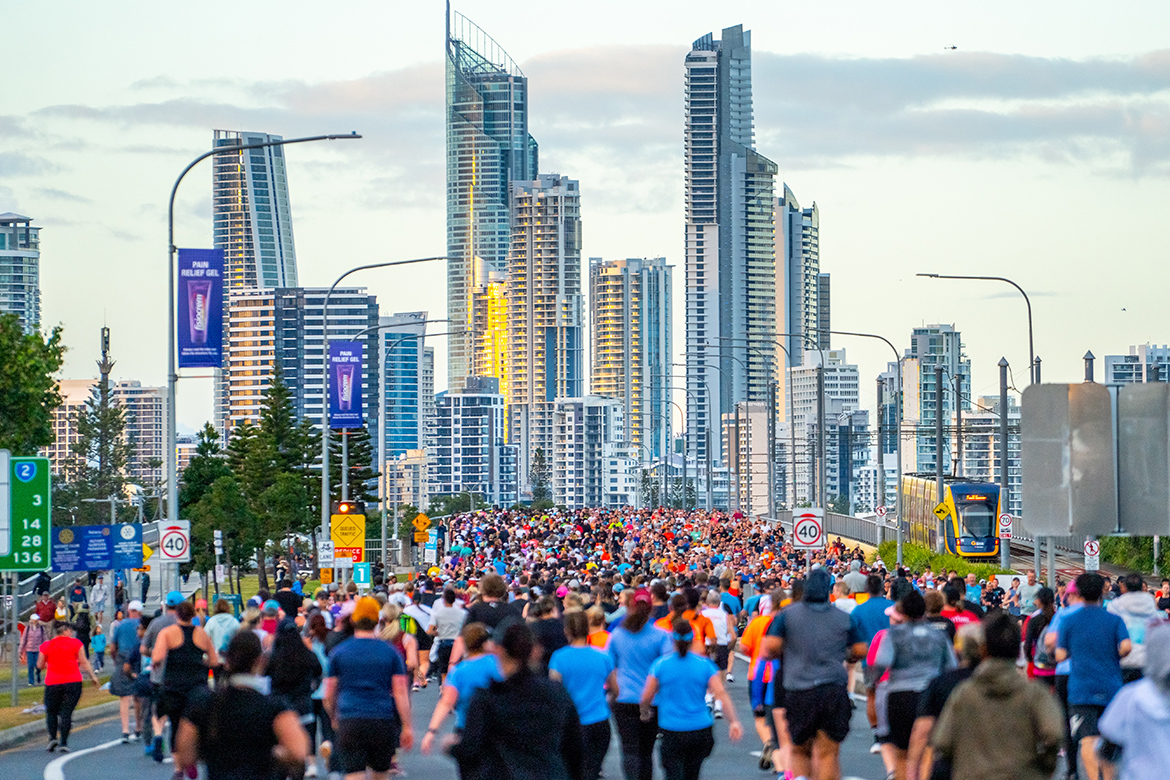















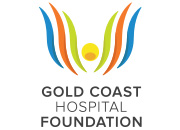
RUNNERS. TAG YOUR PHOTOS WITH #GCM25